Unrealized Gains Tax Survives U.S. Supreme Court
The Supreme Court’s ruling in the Moore tax case reaffirms how income is taxed in the United States.

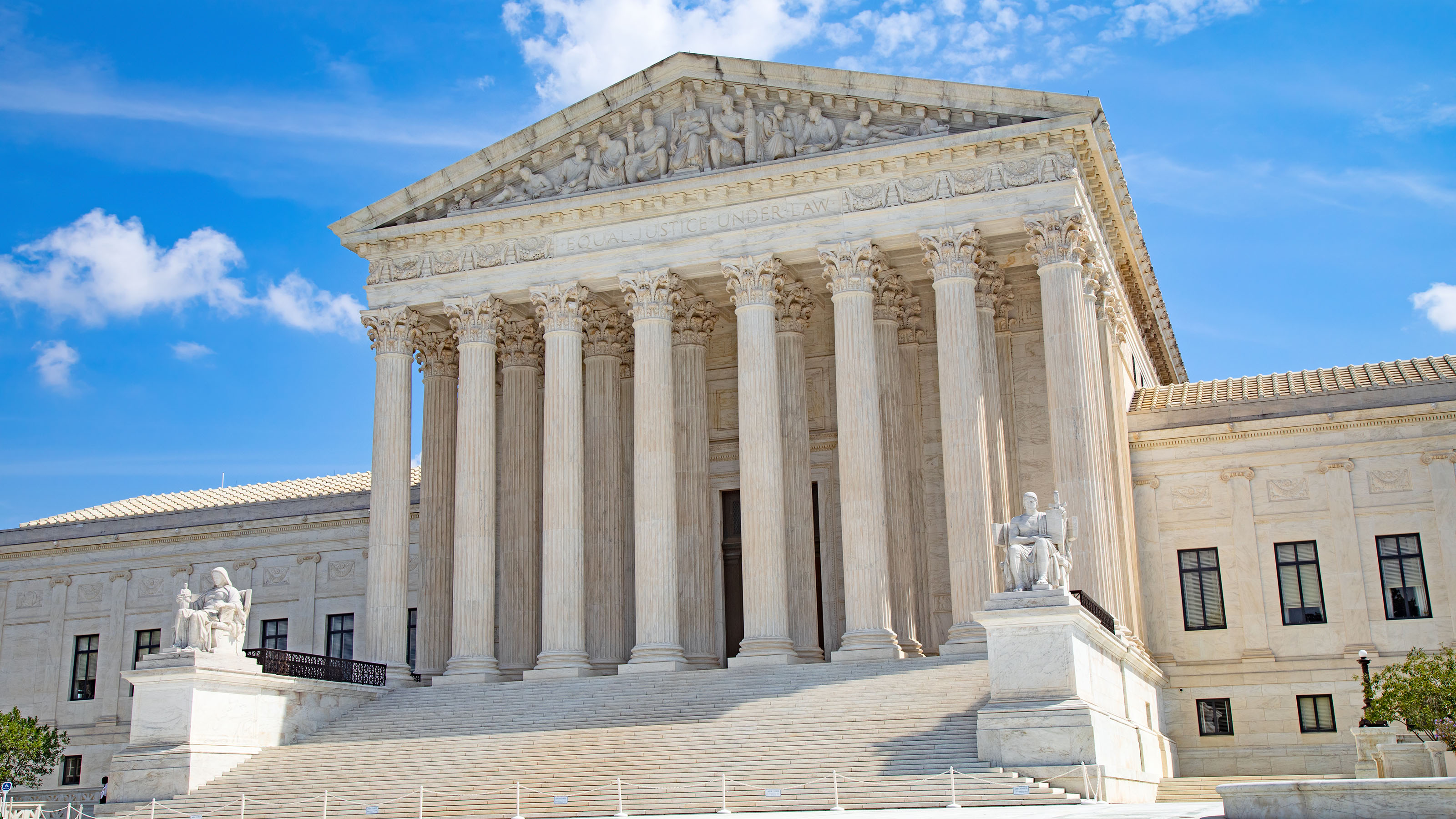
Profit and prosper with the best of Kiplinger's advice on investing, taxes, retirement, personal finance and much more. Delivered daily. Enter your email in the box and click Sign Me Up.
You are now subscribed
Your newsletter sign-up was successful
Want to add more newsletters?

Delivered daily
Kiplinger Today
Profit and prosper with the best of Kiplinger's advice on investing, taxes, retirement, personal finance and much more delivered daily. Smart money moves start here.

Sent five days a week
Kiplinger A Step Ahead
Get practical help to make better financial decisions in your everyday life, from spending to savings on top deals.

Delivered daily
Kiplinger Closing Bell
Get today's biggest financial and investing headlines delivered to your inbox every day the U.S. stock market is open.

Sent twice a week
Kiplinger Adviser Intel
Financial pros across the country share best practices and fresh tactics to preserve and grow your wealth.

Delivered weekly
Kiplinger Tax Tips
Trim your federal and state tax bills with practical tax-planning and tax-cutting strategies.

Sent twice a week
Kiplinger Retirement Tips
Your twice-a-week guide to planning and enjoying a financially secure and richly rewarding retirement

Sent bimonthly.
Kiplinger Adviser Angle
Insights for advisers, wealth managers and other financial professionals.

Sent twice a week
Kiplinger Investing Weekly
Your twice-a-week roundup of promising stocks, funds, companies and industries you should consider, ones you should avoid, and why.

Sent weekly for six weeks
Kiplinger Invest for Retirement
Your step-by-step six-part series on how to invest for retirement, from devising a successful strategy to exactly which investments to choose.
In a long-awaited ruling, the United States Supreme Court affirmed the constitutionality of a mandatory repatriation tax introduced by the Tax Cuts and Jobs Act (TCJA).
In upholding the tax, Justice Brett Kavanaugh wrote for the majority.
“The MRT — which attributes the realized and undistributed income of an American-controlled foreign corporation to the entity’s American shareholders, and then taxes the American shareholders on their portions of that income — does not exceed Congress’s constitutional authority.”
From just $107.88 $24.99 for Kiplinger Personal Finance
Become a smarter, better informed investor. Subscribe from just $107.88 $24.99, plus get up to 4 Special Issues

Sign up for Kiplinger’s Free Newsletters
Profit and prosper with the best of expert advice on investing, taxes, retirement, personal finance and more - straight to your e-mail.
Profit and prosper with the best of expert advice - straight to your e-mail.
The 7-2 decision, issued June 20, was expected to have implications for the taxation of wealth in the U.S., not just for U.S. taxpayers with substantial ownership in certain foreign corporations. Justice Amy Coney Barrett wrote a concurring opinion, joined by Justice Samuel Alito. Justices Clarence Thomas and Neil Gorsuch dissented.
Here’s more of what you need to know.
Moore tax case
As Kiplinger reported, Moore v. United States, centered on whether U.S. taxpayers with specified foreign holdings could be subject to a one-time tax on those investments. The plaintiffs, Charles and Kathleen Moore, owned a stake in an agricultural equipment company in India.
Despite not receiving dividends or income from their investment over the years, the Moores paid about $15,000 in taxes on earnings attributed to them as shareholders due to the mandatory repatriation tax (MRT).
- The couple later argued that the MRT was unconstitutional, contending that income must be realized to be taxable under the 16th Amendment, which grants Congress the power to impose a federal income tax.
- Their lawsuit challenged the TCJA's provision that levied this one-time tax on U.S. taxpayers with significant ownership in certain foreign corporations.
- More than 50 amicus briefs were submitted in the case, some supporting the Moores' contention that the court should strike down the MRT. That included a brief from West Virginia and 16 other states, arguing that taxing unrealized gains harms state economies.
SCOTUS upholds tax on foreign earnings
The Supreme Court emphasized that its holding is a narrow one. As the news analysis site, SCOTUS blog, reported, the holding is limited to taxes levied on shareholders of an entity on undistributed income realized by that entity. That income has to be attributed to the shareholders when the entity hasn’t been taxed on the income (situations where the entity is treated as pass-through).
In finding for the government, the Court affirmed the 9th Circuit Court of Appeals. That court highlighted that the MRT was designed to close loopholes that allowed shareholders to evade taxes on offshore earnings. By upholding the tax, the Supreme Court essentially reinforced the government's ability to tax foreign-held profits — at least in the circumstances described in this case.
As Kavanaugh wrote in the decision, “The Court’s longstanding precedents plainly establish that, when dealing with an entity’s undistributed income, Congress may either tax the entity or tax its shareholders or partners. Whichever method Congress chooses, this Court has held that the tax remains a tax on income.”
Wealth tax: Bottom line
When the U.S. Supreme Court agreed to hear this case, some believed the legal battle over taxing what the petitioners have described as unrealized gains might significantly impact tax policies for the wealthy.
Examples include billionaire taxes proposed by President Biden, Sen. Elizabeth Warren (D-Ma.), and U.S. Senate Finance Committee Chairman Ron Wyden (D-Ore.). (Biden's FY25 budget proposal includes a billionaire tax that would apply to households with a net worth of over $100 million. Wyden’s Billionaires Income Tax Act proposes to end the “buy, borrow, die” tax strategy.)
Those, and other so-called "wealth tax" proposals in several states that can involve unrealized gains, are a reason why the Moore case was seen by some, as a strategic move in a broader tax policy debate.
In the majority opinion, Kavanaugh noted that the court was not attempting to resolve certain other thorny tax questions including those involving wealth or net worth, signaling, "Those are potential issues for another day.”
The case is Moore v. United States, No. 22-800.
Related
Profit and prosper with the best of Kiplinger's advice on investing, taxes, retirement, personal finance and much more. Delivered daily. Enter your email in the box and click Sign Me Up.

Kelley R. Taylor is the senior tax editor at Kiplinger.com, where she breaks down federal and state tax rules and news to help readers navigate their finances with confidence. A corporate attorney and business journalist with more than 20 years of experience, Kelley has helped taxpayers make sense of shifting U.S. tax law and policy from the Affordable Care Act (ACA) and the Tax Cuts and Jobs Act (TCJA), to SECURE 2.0, the Inflation Reduction Act, and most recently, the 2025 “Big, Beautiful Bill.” She has covered issues ranging from partnerships, carried interest, compensation and benefits, and tax‑exempt organizations to RMDs, capital gains taxes, and energy tax credits. Her award‑winning work has been featured in numerous national and specialty publications.
-
 Quiz: Do You Know How to Avoid the "Medigap Trap?"
Quiz: Do You Know How to Avoid the "Medigap Trap?"Quiz Test your basic knowledge of the "Medigap Trap" in our quick quiz.
-
 5 Top Tax-Efficient Mutual Funds for Smarter Investing
5 Top Tax-Efficient Mutual Funds for Smarter InvestingMutual funds are many things, but "tax-friendly" usually isn't one of them. These are the exceptions.
-
 AI Sparks Existential Crisis for Software Stocks
AI Sparks Existential Crisis for Software StocksThe Kiplinger Letter Fears that SaaS subscription software could be rendered obsolete by artificial intelligence make investors jittery.
-
 Trump Tariffs and the Supreme Court: Three Things to Know Now
Trump Tariffs and the Supreme Court: Three Things to Know NowTax Law The outcome of this legal battle about tariffs will hit your wallet in one way or another.
-
 The Supreme Court's TikTok Ruling: What 170 Million Users Need to Know
The Supreme Court's TikTok Ruling: What 170 Million Users Need to KnowSCOTUS As the deadline for a potential TikTok ban approaches, uncertainty looms over the app's future in the United States.
-
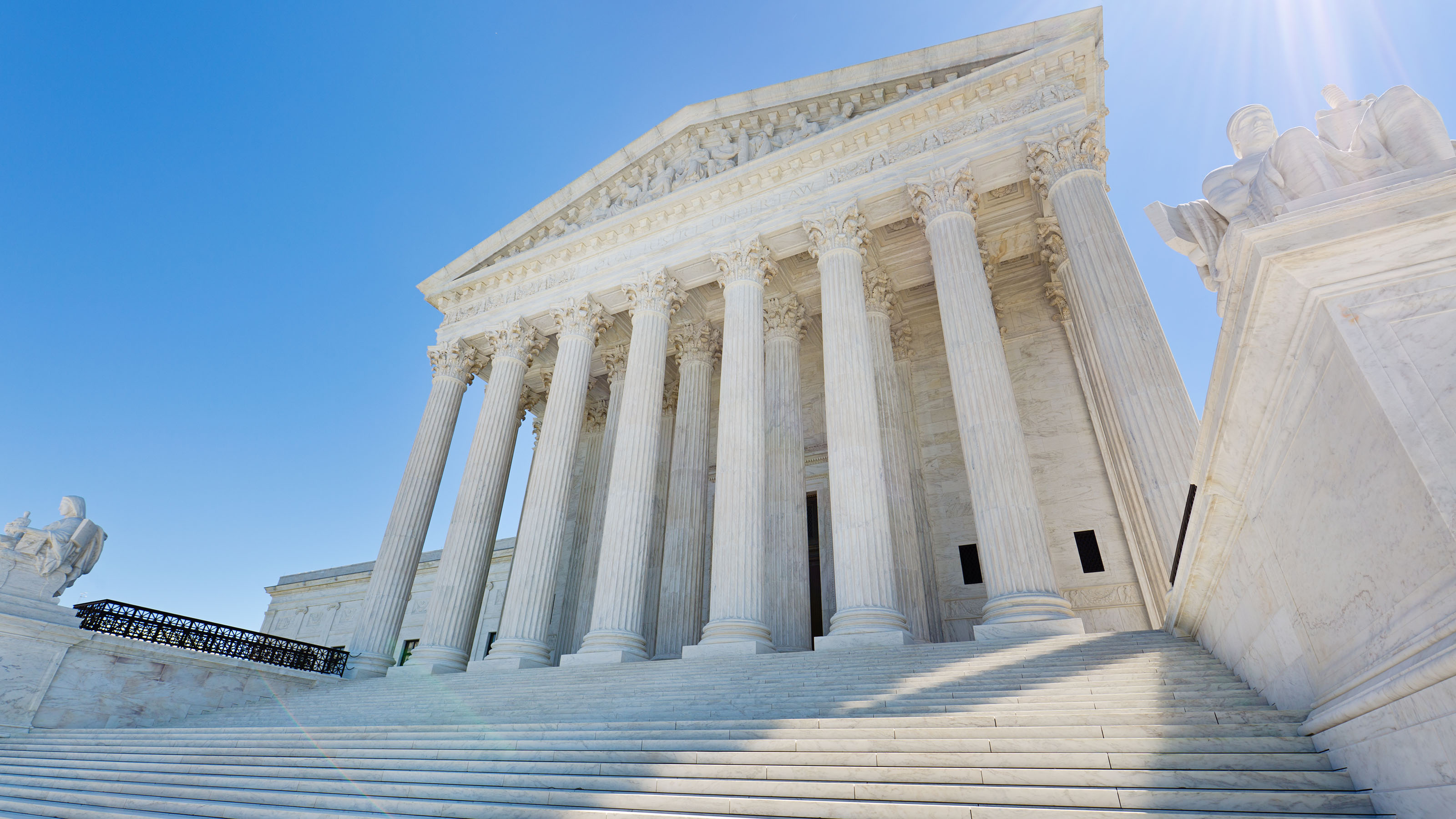 Supreme Court Strikes Down Chevron: What It Means for the IRS
Supreme Court Strikes Down Chevron: What It Means for the IRSTax Law A landmark decision from SCOTUS fundamentally alters the administrative law landscape and impacts federal agencies, including the IRS.
-
 Will a Supreme Court Case About Fishing Water Down the IRS?
Will a Supreme Court Case About Fishing Water Down the IRS?Supreme Court The U.S. Supreme Court just decided a case about Chevron deference that has implications far beyond the fishing industry.
-
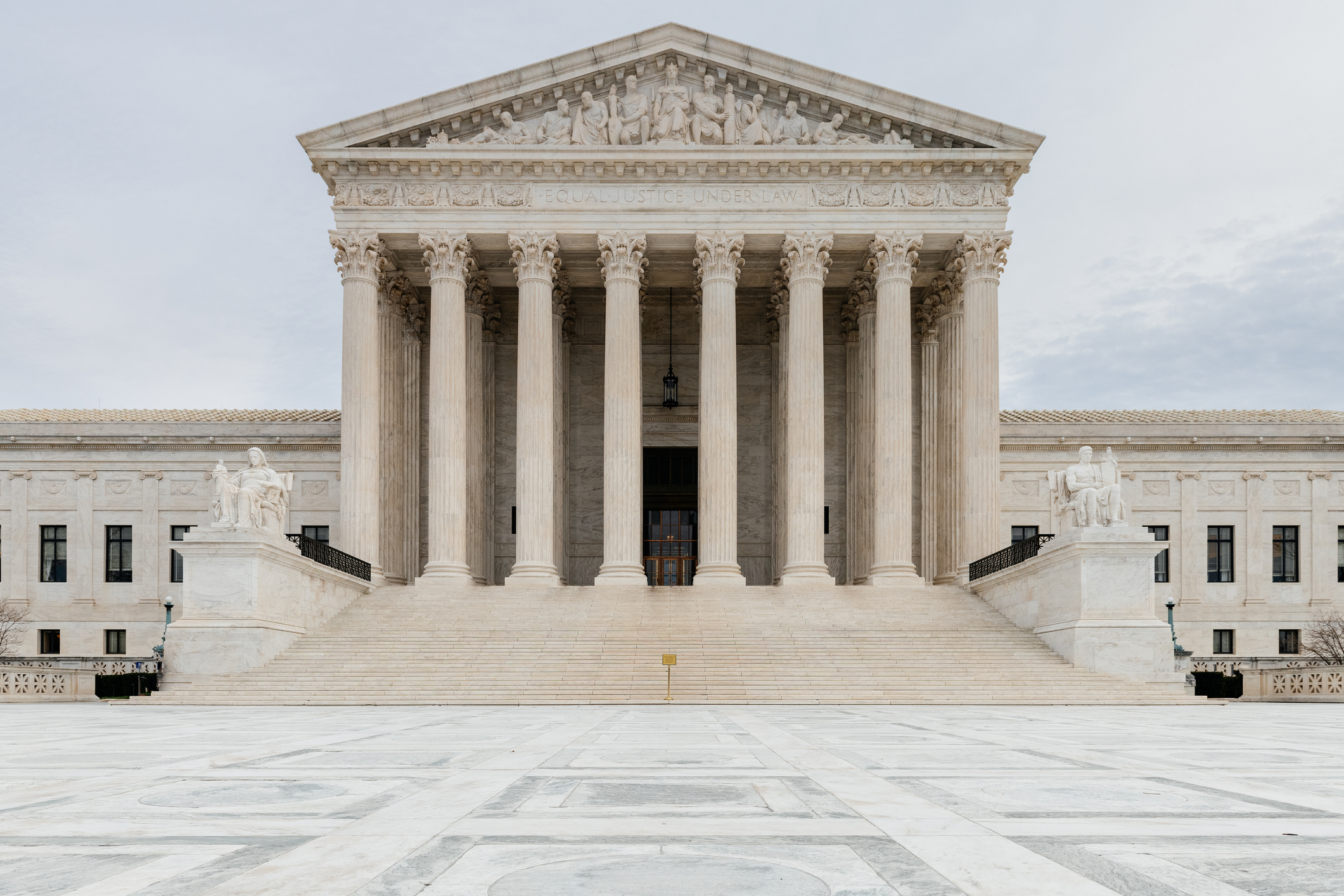 Will SCOTUS Uphold Wealth Taxes?
Will SCOTUS Uphold Wealth Taxes?Supreme Court The U.S. Supreme Court heard arguments in a case that some say could upend the U.S. tax code.
-
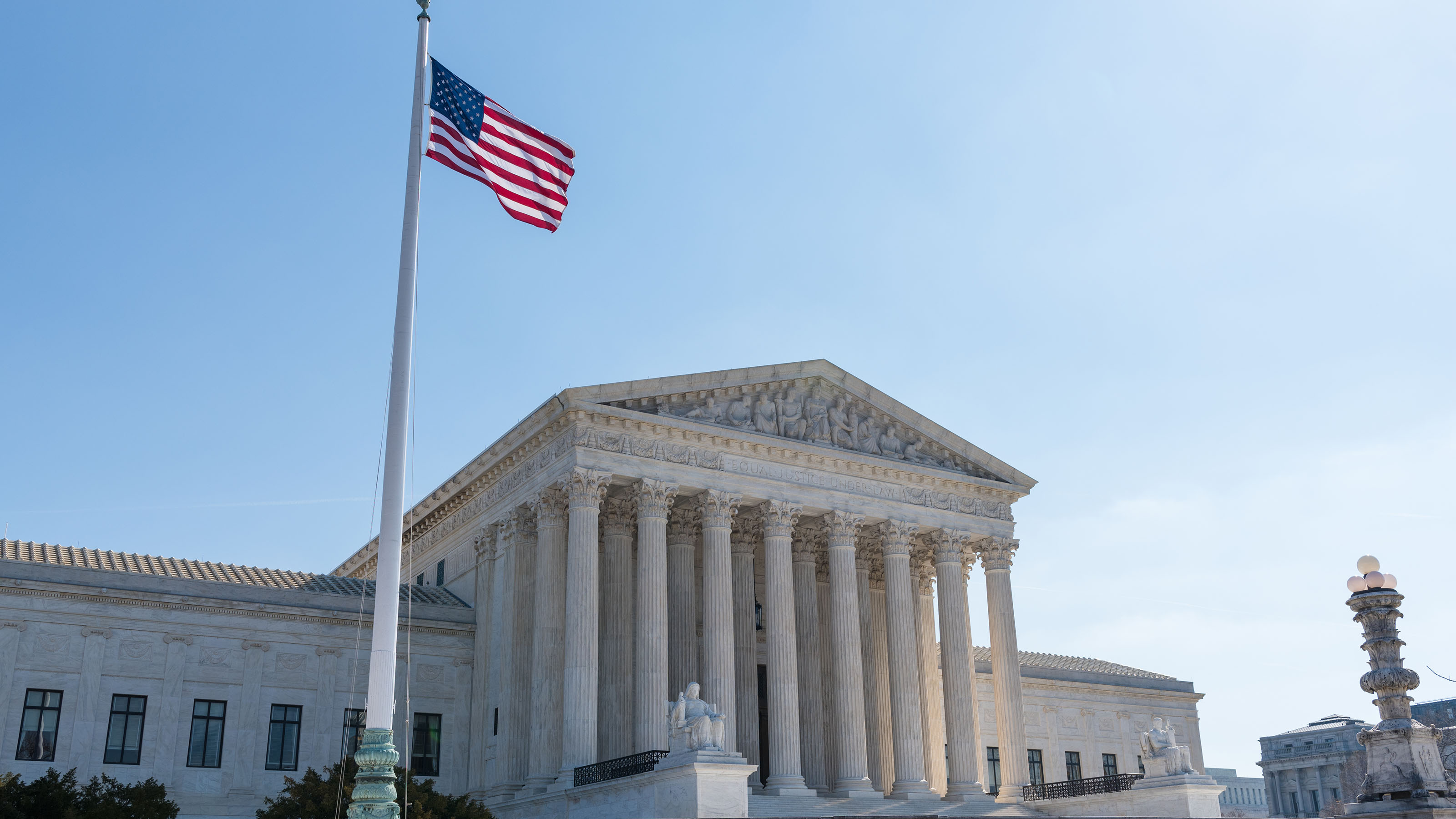 Two Supreme Court Cases Could Change the Tax Landscape: Kiplinger Tax Letter
Two Supreme Court Cases Could Change the Tax Landscape: Kiplinger Tax LetterKiplinger Tax Letter The Supreme Court’s new term started October 2. There are some interesting cases on its docket. Two could majorly change the tax landscape.
-
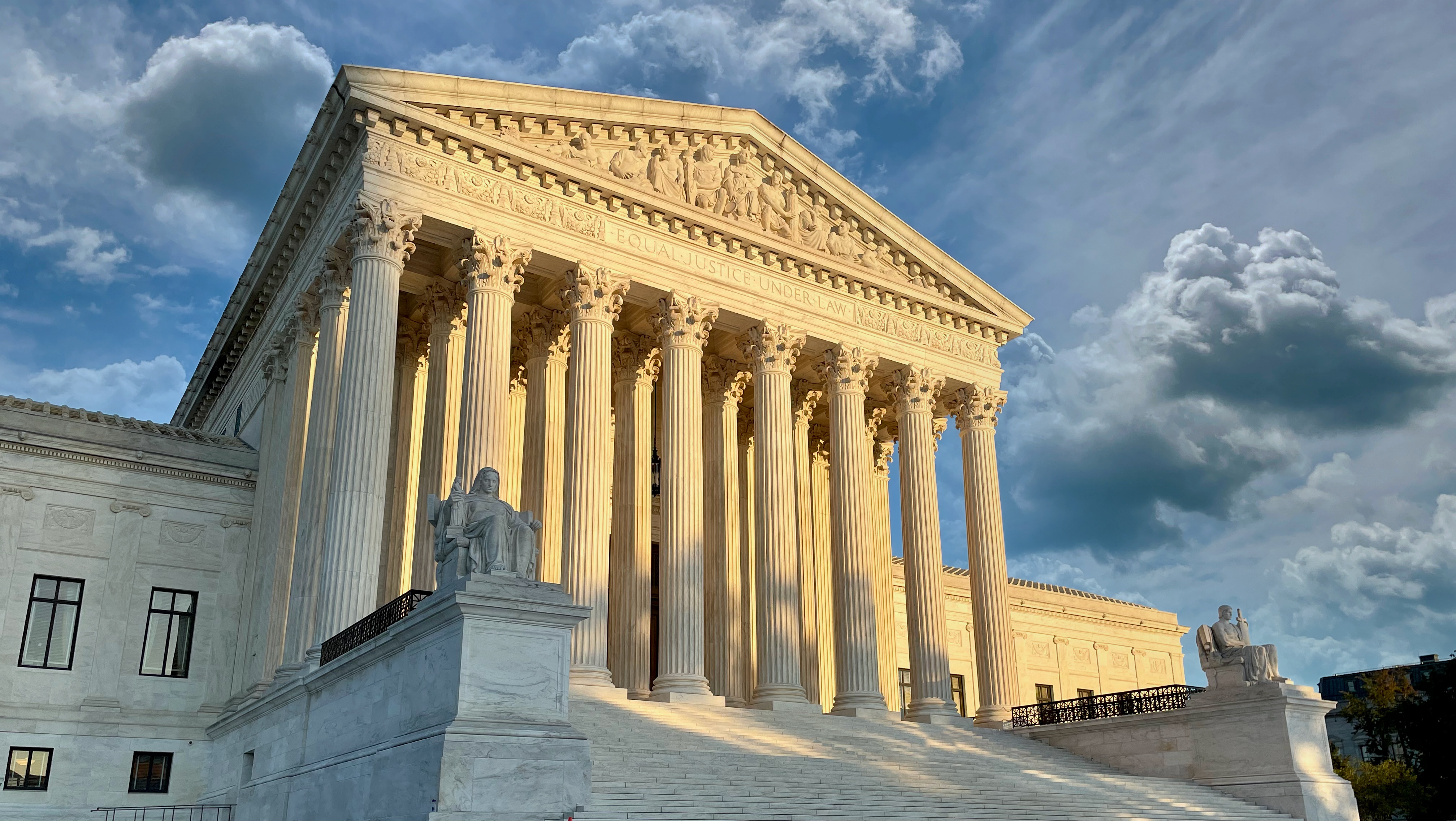 Social Media, Guns, Taxes, Abortion: New Supreme Court Cases You Need to Know
Social Media, Guns, Taxes, Abortion: New Supreme Court Cases You Need to KnowSupreme Court The U.S. Supreme Court will hear several cases this fall that could significantly impact your rights and wealth. Here are a few of them to watch.
-
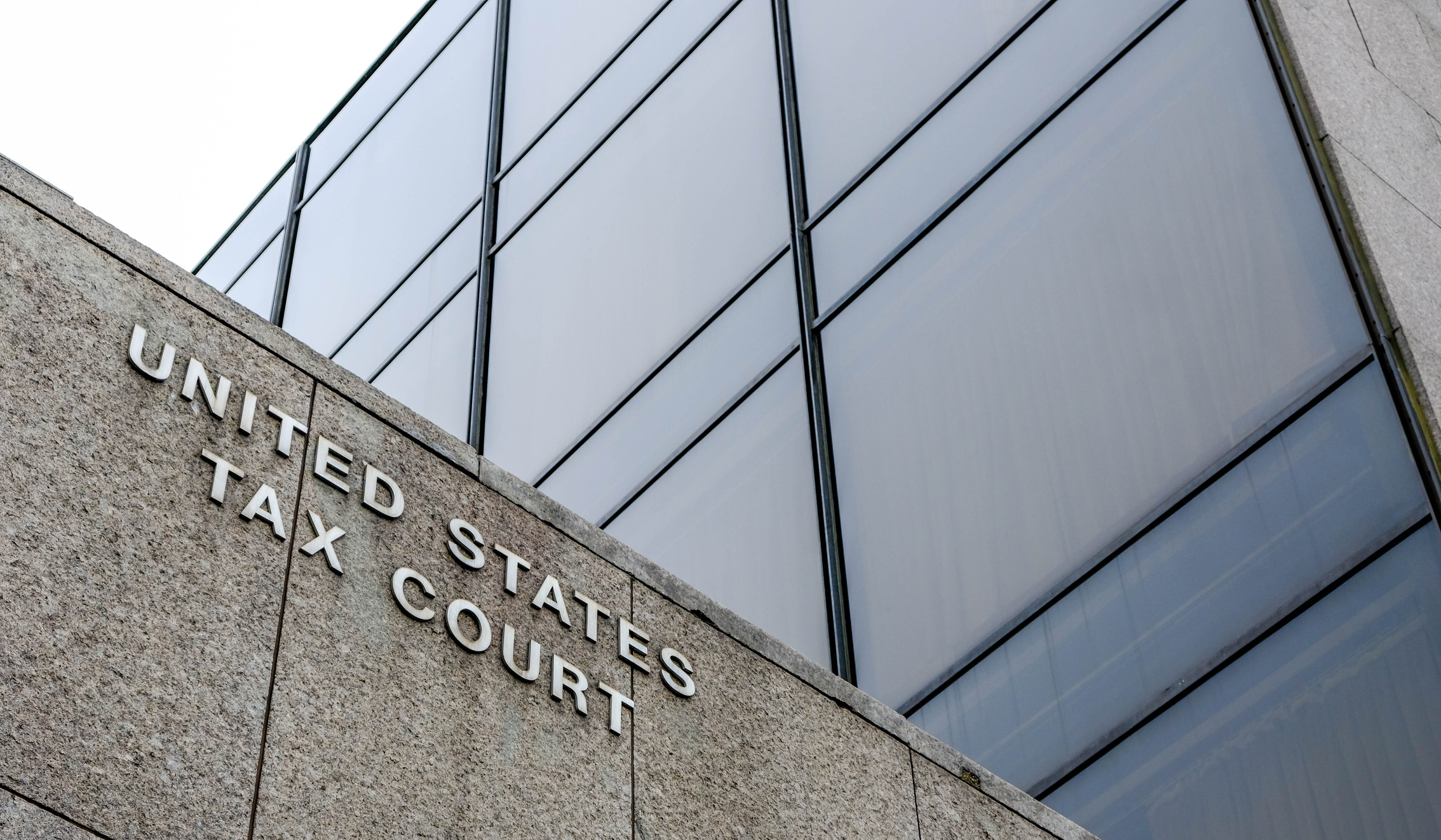 Tax Court Filing Deadlines: Kiplinger Tax Letter
Tax Court Filing Deadlines: Kiplinger Tax LetterKiplinger Tax Letter How broad is a U.S. Supreme Court case on Tax Court filing deadlines?